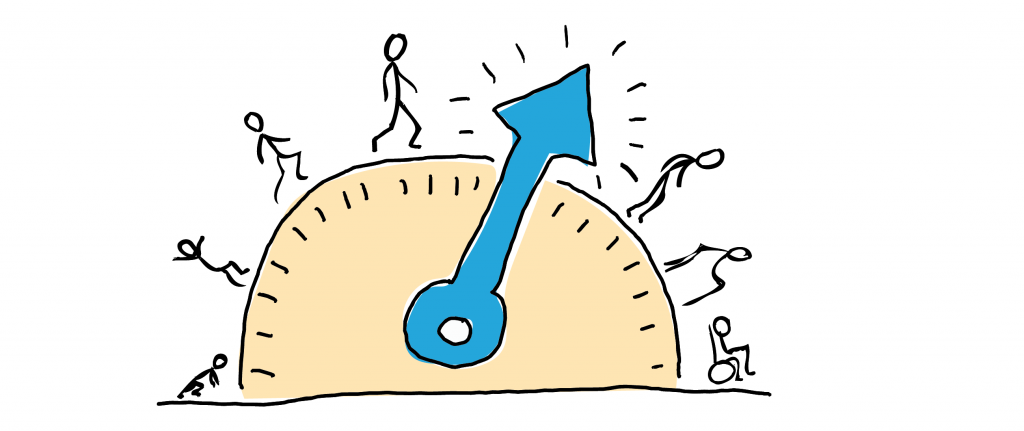
So your lunch is a big broccoli, you play squash weekly, and you have evening zen meditations. But how do you know that it’s doing you any good? You need a way to measure your body’s age. Is your body as healthy as an average person five years younger than you? In that case we could say that you are biologically younger, congrats.
Our team works to develop ways to help you track your (biological) aging. Our approach generally involves using large complex datasets of various parameters that people have general accessibility to; e.g. wearable device data, anthropometrics, blood biochemistry markers, or questionnaires. We build machine learning -based or other types of models on these datasets to estimate an individual’s biological age. We validate these models using known cohorts with mortality records, to see if individuals that are predicted to be biologically older based on our models are actually more likely to die, and if people who are predicted to be biologically younger based on our models possess favorable age-related disease risk markers. The ultimate goal with these models is that we can use them to evaluate the efficacy of interventions or longevity medicines in our day-to-day life.
Our work has led us to develop various biological age predictors. These are either published [1] or currently in development/validation and still top secret :-). For a talk presenting our ‘MoveAge’ model that predicts biological age based on wearable device movement patterns, visit my presentation at the Aging Research and Drug Discovery 2021 conference in Copenhagen:
Curious to know more about tracking your own aging? Some of these blogs may be of interest to you:
- Can 23andMe tell me how long I’ll live?
- The best questionnaires: know if you will live to see your grandkids or Elon Musk go to Mars
- The (obvious) 6 questions for a longer life
- Why your blood glucose levels matter for aging
- 6 physical tests to see how well you’re aging
References (* indicates equal contribution and # indicates correspondence). For an extended reference list see the about page.
- McIntyre RL, Rahman M, Vanapalli SA , Houtkooper RH, Janssens GE#. Biological Age Prediction From Wearable Device Movement Data Identifies Nutritional and Pharmacological Interventions for Healthy Aging. Front. Aging, 2021July. doi.org/10.3389/fragi.2021.708680
- Salignon J, Faridani OR, Miliotis T, Janssens GE, Chen P, Zarrouki B, Sandberg R, Davidsson P, Riedel CG. Age prediction from human blood plasma using proteomic and small RNA data: a comparative analysis. Aging (Albany NY). 2023 Jun 20;15(12):5240-5265. doi: 10.18632/aging.204787. Epub 2023 Jun 20. PMID: 37341993; PMCID: PMC10333066.
- Janssens GE#, Grevendonk L, Schomakers BV, Perez RZ, van Weeghel M, Schrauwen P, Hoeks J, Houtkooper RH. A metabolomic signature of decelerated physiological aging in human plasma. Geroscience. 2023 May 31. doi: 10.1007/s11357-023-00827-0. Epub ahead of print. PMID: 37259015.
